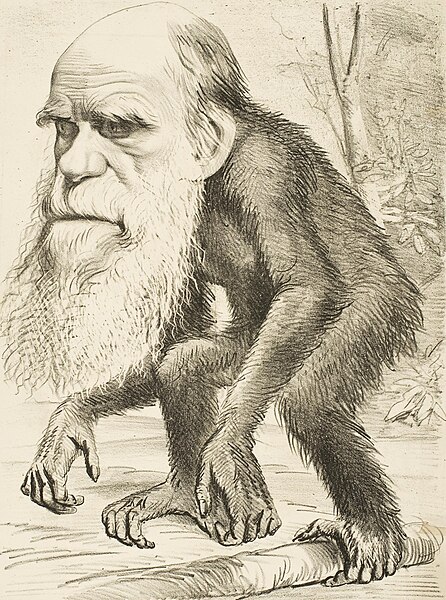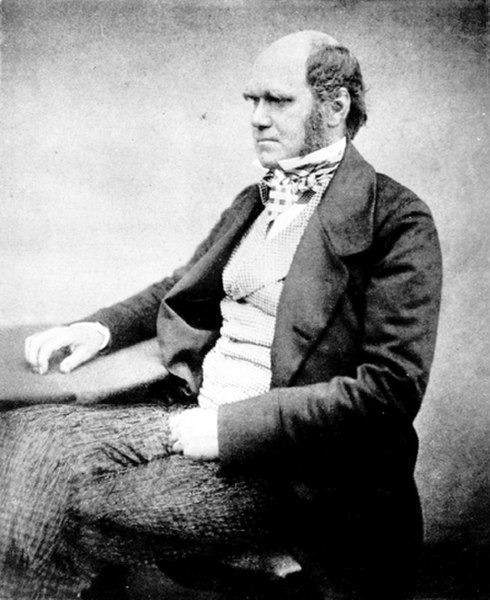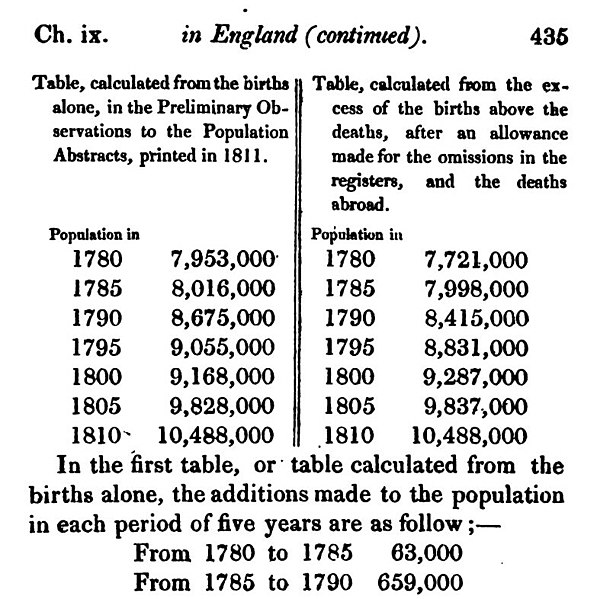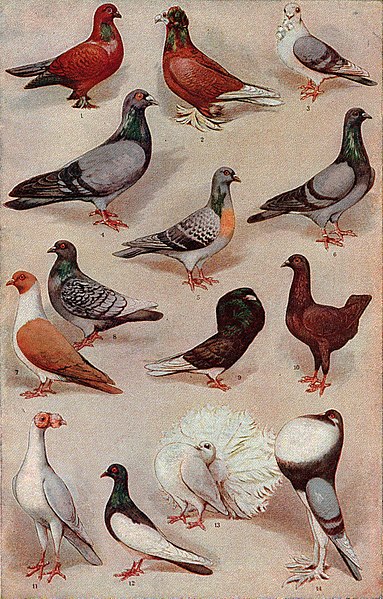Darwinism is a theory of biological evolution developed by the English naturalist Charles Darwin (1809–1882) and others, stating that all species of organisms arise and develop through the natural selection of small, inherited variations that increase the individual's ability to compete, survive, and reproduce. Also called Darwinian theory, it originally included the broad concepts of transmutation of species or of evolution which gained general scientific acceptance after Darwin published On the Origin of Species in 1859, including concepts which predated Darwin's theories. English biologist Thomas Henry Huxley coined the term Darwinism in April 1860.
Charles Darwin in 1868
As evolution became widely accepted in the 1870s, caricatures of Charles Darwin with the body of an ape or monkey symbolised evolution.
Natural selection is the differential survival and reproduction of individuals due to differences in phenotype. It is a key mechanism of evolution, the change in the heritable traits characteristic of a population over generations. Charles Darwin popularised the term "natural selection", contrasting it with artificial selection, which is intentional, whereas natural selection is not.
Modern biology began in the nineteenth century with Charles Darwin's work on evolution by natural selection
Aristotle considered whether different forms could have appeared, only the useful ones surviving.
Part of Thomas Malthus's table of population growth in England 1780–1810, from his Essay on the Principle of Population, 6th edition, 1826
Charles Darwin noted that pigeon fanciers had created many kinds of pigeon, such as Tumblers (1, 12), Fantails (13), and Pouters (14) by selective breeding.






